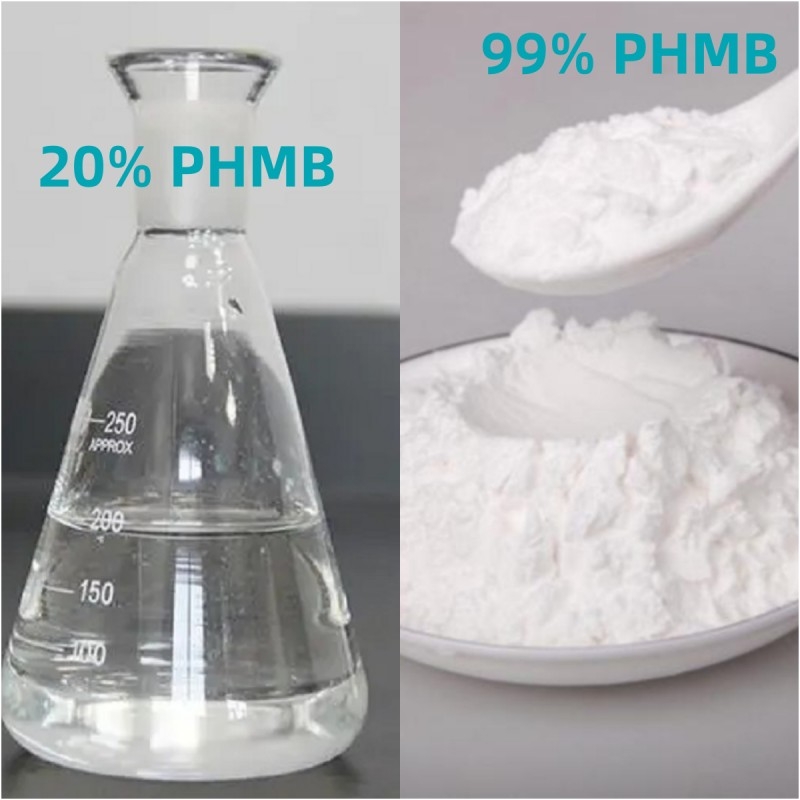-
Categories
-
Pharmaceutical Intermediates
-
Active Pharmaceutical Ingredients
-
Food Additives
- Industrial Coatings
- Agrochemicals
- Dyes and Pigments
- Surfactant
- Flavors and Fragrances
- Chemical Reagents
- Catalyst and Auxiliary
- Natural Products
- Inorganic Chemistry
-
Organic Chemistry
-
Biochemical Engineering
- Analytical Chemistry
-
Cosmetic Ingredient
- Water Treatment Chemical
-
Pharmaceutical Intermediates
Promotion
ECHEMI Mall
Wholesale
Weekly Price
Exhibition
News
-
Trade Service
Introduction:
Tamibarotene, also known as N-(5,5,8,8-tetramethyl-5,6,7,8-tetrahydronaphthalen-2-yl)acetamide, is a synthetic drug that is used to treat skin conditions such as psoriasis and vitiligo.
It belongs to a class of drugs known as retinoids, which are derived from vitamin A and are used to treat a variety of skin conditions.
Tamibarotene is a novel drug that has been shown to be effective in treating skin diseases, however, its safety profile is of great concern to the chemical industry and regulatory agencies.
Chemical Structure and Mechanism of Action:
Tamibarotene is a synthetic drug that is structurally related to vitamin A.
It has a unique chemical structure that allows it to bind to specific receptors on cells, which in turn modulates the expression of genes that are involved in cell growth and differentiation.
Tamibarotene works by inhibiting the proliferation of skin cells, which helps to reduce the symptoms of skin conditions such as psoriasis and vitiligo.
Safety Profile:
Tamibarotene has been shown to be effective in treating skin conditions such as psoriasis and vitiligo, however, its safety profile is of great concern.
Tamibarotene has been associated with several adverse effects, including skin irritation, sun sensitivity, and mucous membrane irritation.
In addition, Tamibarotene has been shown to cause birth defects in animals, which has led to concerns about its safety in pregnant women.
Toxicity:
Tamibarotene has been shown to be toxic to several organ systems in animals, including the liver, kidneys, and reproductive system.
In addition, Tamibarotene has been shown to cause cancer in animals, which has led to concerns about its potential carcinogenic effects in humans.
Regulatory Status:
Tamibarotene is not currently approved for use in the United States or Europe, primarily due to concerns about its safety profile.
The regulatory agencies in these countries have requested additional safety data before approving Tamibarotene for use in treating skin conditions.
Conclusion:
Tamibarotene is a synthetic drug that has been shown to be effective in treating skin conditions such as psoriasis and vitiligo.
However, its safety profile is of great concern to the chemical industry and regulatory agencies due to its potential toxicity and carcinogenic effects.
Additional safety data are needed before Tamibarotene can be approved for use in treating skin conditions.
The regulatory status of Tamibarotene is currently pending and its use is not recommended until further information is available.







